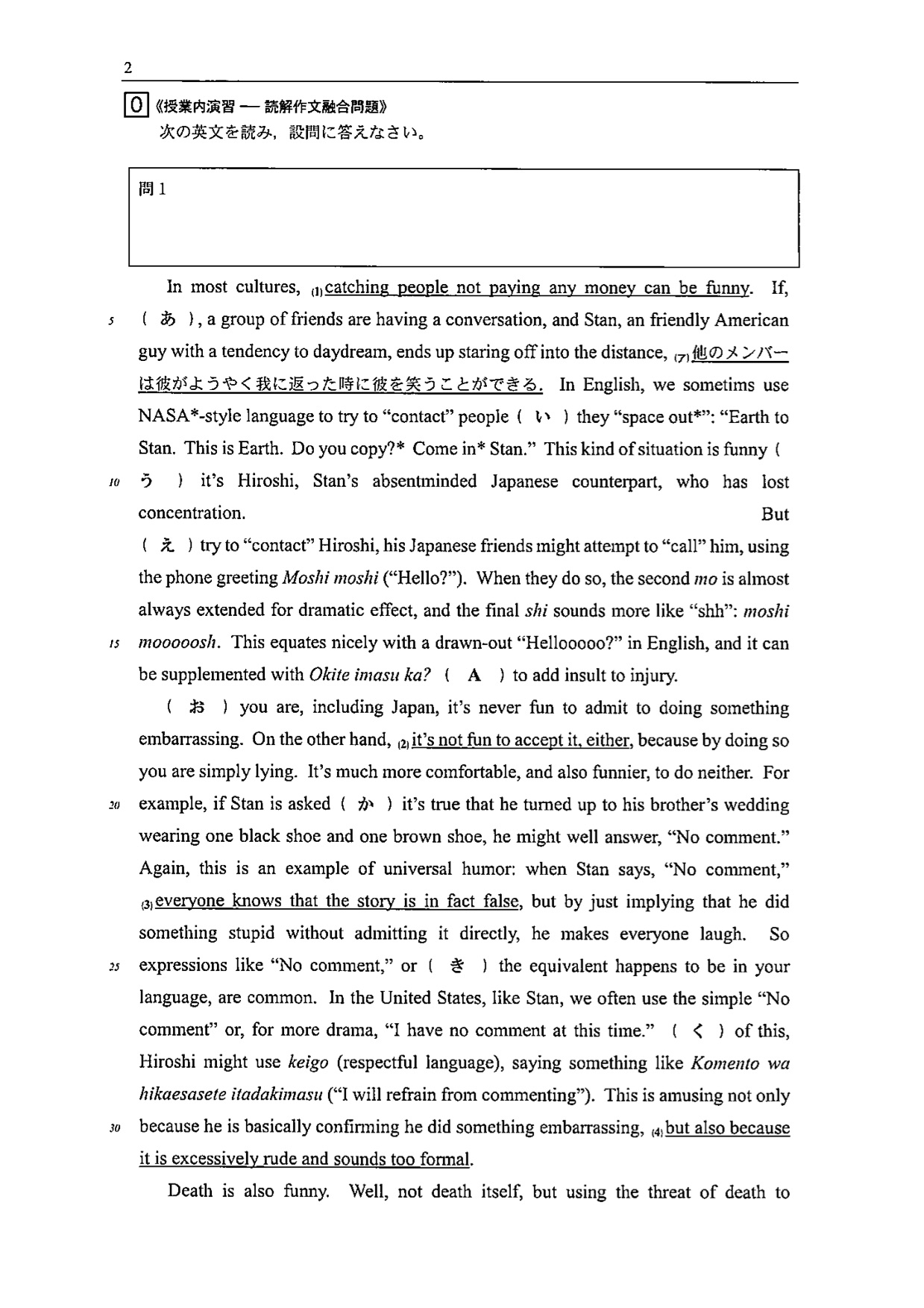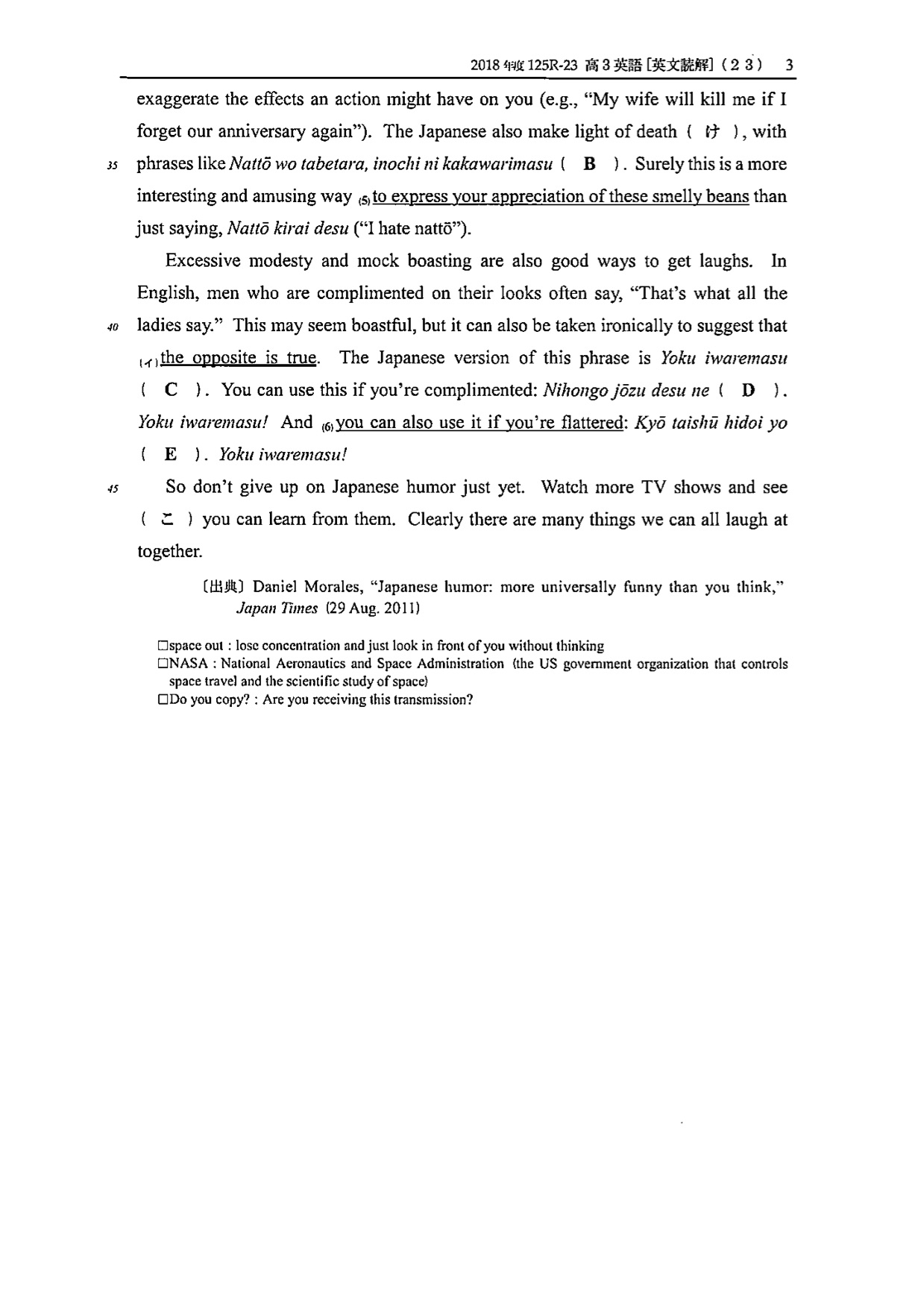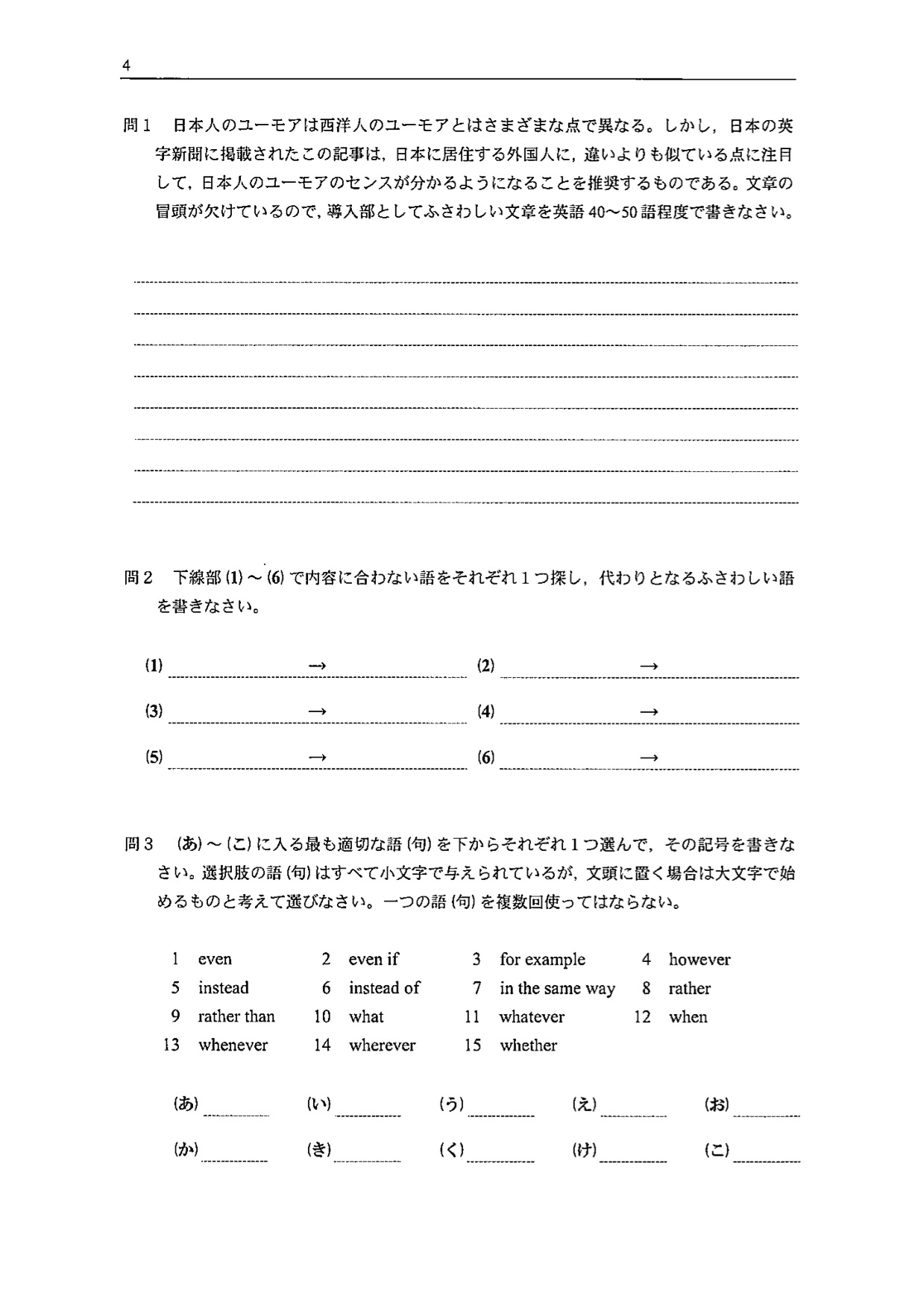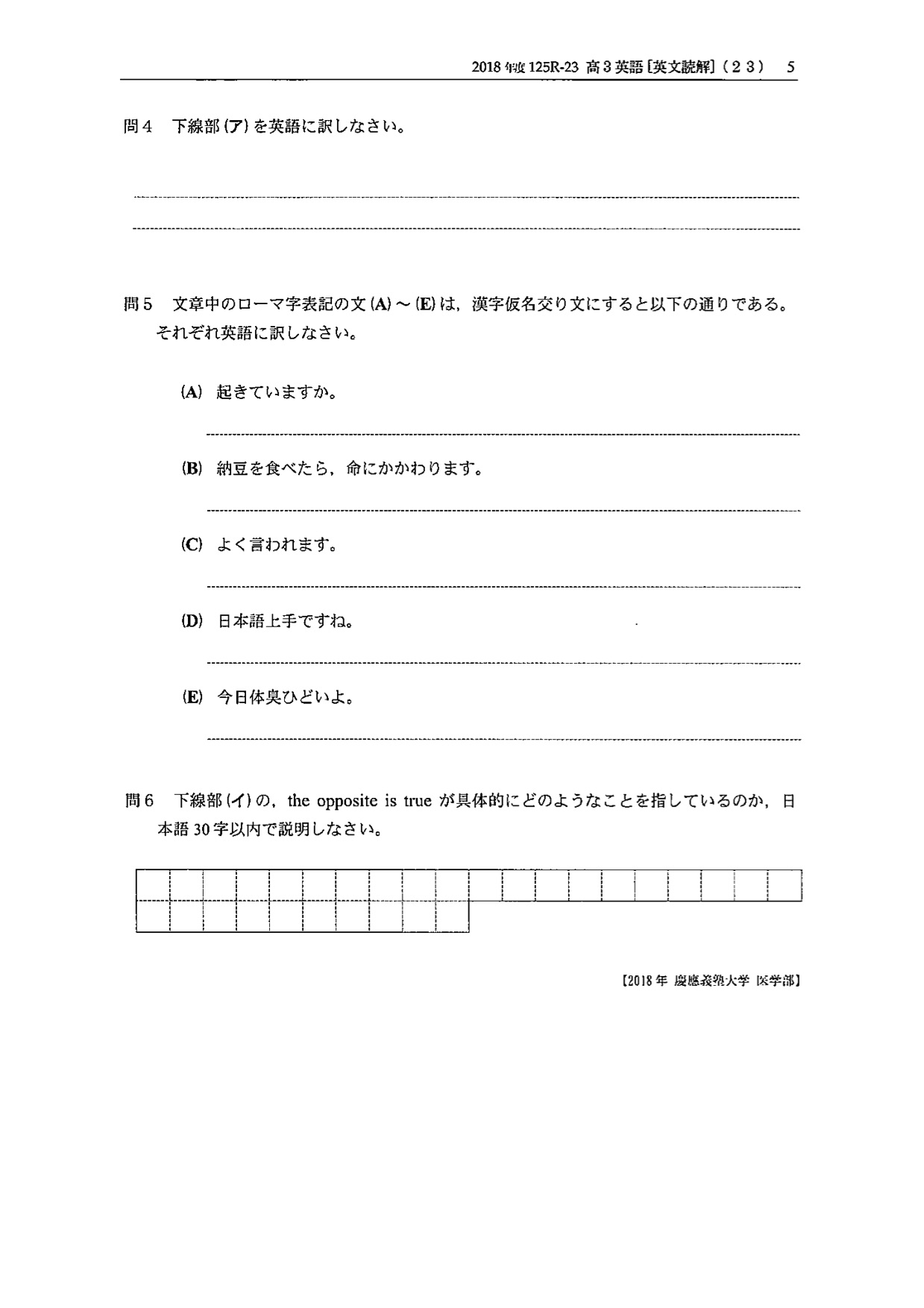It’s official—the translation I did for Vertical this summer is available for pre-order. It’s been up for a little while, but I wanted to wait until the cover was on Amazon to let everyone know. Take a look. They put your boy on the cover:
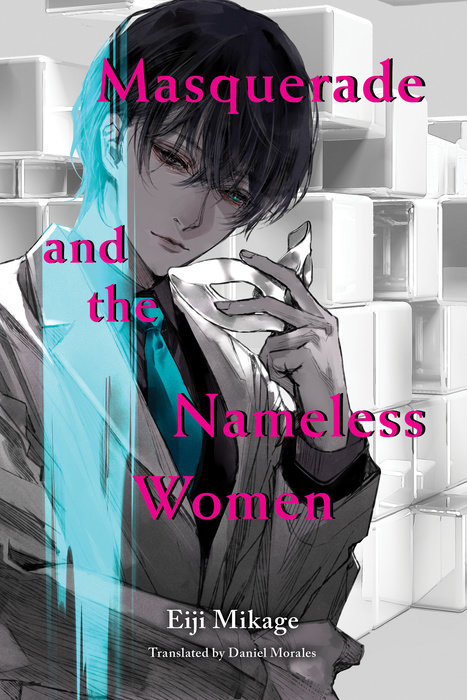
The book is Eiji Mikage’s 殺人鬼探偵の捏造美学 (Satsujinki tantei no netsuzō bigaku), which works out to something like “The Serial Killer Detective’s Fabricated Aesthetic.” Here’s the Japanese cover:

There are lots of fun variations on this. Detective Serial Killer’s Invented Aesthetic. The Invented Aesthetic of the Serial Killer Detective. The Japanese cover also has the suggested translation “Masquerade’s Fabricated Aesthetic.” Of these variations I think “Masquerade’s Invented Aesthetic” might be closest to what Mikage was going for.
Clearly we went in a different direction with the English title. I’m really happy that Vertical took one of my suggestions. The title is drawn from the text and I think creates forward momentum for the reader. I had a few other options, but I think I’ll wait to share them when the book is published.
This reminds me that I recently learned the Spanish translation for Murakami’s Norwegian Wood is Tokio Blues. I was having a conversation with a Venezuelan and briefly thought there was some Murakami book I wasn’t familiar with until she described the opening: a Japanese man lands in Germany and “Norwegian Wood” is playing over the airplane speakers as the passengers disembark.
I think this title translation borders on criminal. “Norwegian Wood” is so effective as a title because (assuming the reader is familiar with the Beatles, which isn’t a huge assumption to be making) the song title itself is incredibly potent and generative. You have the sound of the song, of course, but also whatever memories and experiences you have wrapped up with the song, which is exactly how the novel begins—Toru’s near physical pain at everything he associates with the song.
The translation demolishes that and replaces it with an incredibly simple summary of the book…although I will admit that it does summarize the book somewhat effectively, lol. Are the Beatles just not as popular in Spanish-speaking countries? I find that difficult to imagine. I’d chalk this up to an overeager translator/publisher.
A quick Wikipedia perusal shows that most translations leave the song title, but French and German also commit crimes.
The French title is La Ballade de l’impossible (The Ballad of the Impossible), which is garbage, and the German is Naokos Lächeln (Naoko’s Smile), which is better—likely drawn from the text, kind of hints at how the narrator is feeling—but still #NotGreatBob.
I hope that my title translation hasn’t done this much damage. Obviously it’s done some, at least when it comes to authorial intentions. But I do think the English will benefit from this new title. We’ll see.
So go get a pre-order at your favorite bookseller! I should note the trigger warnings: gore, suggested statutory rape, suggested incest (・・;)




